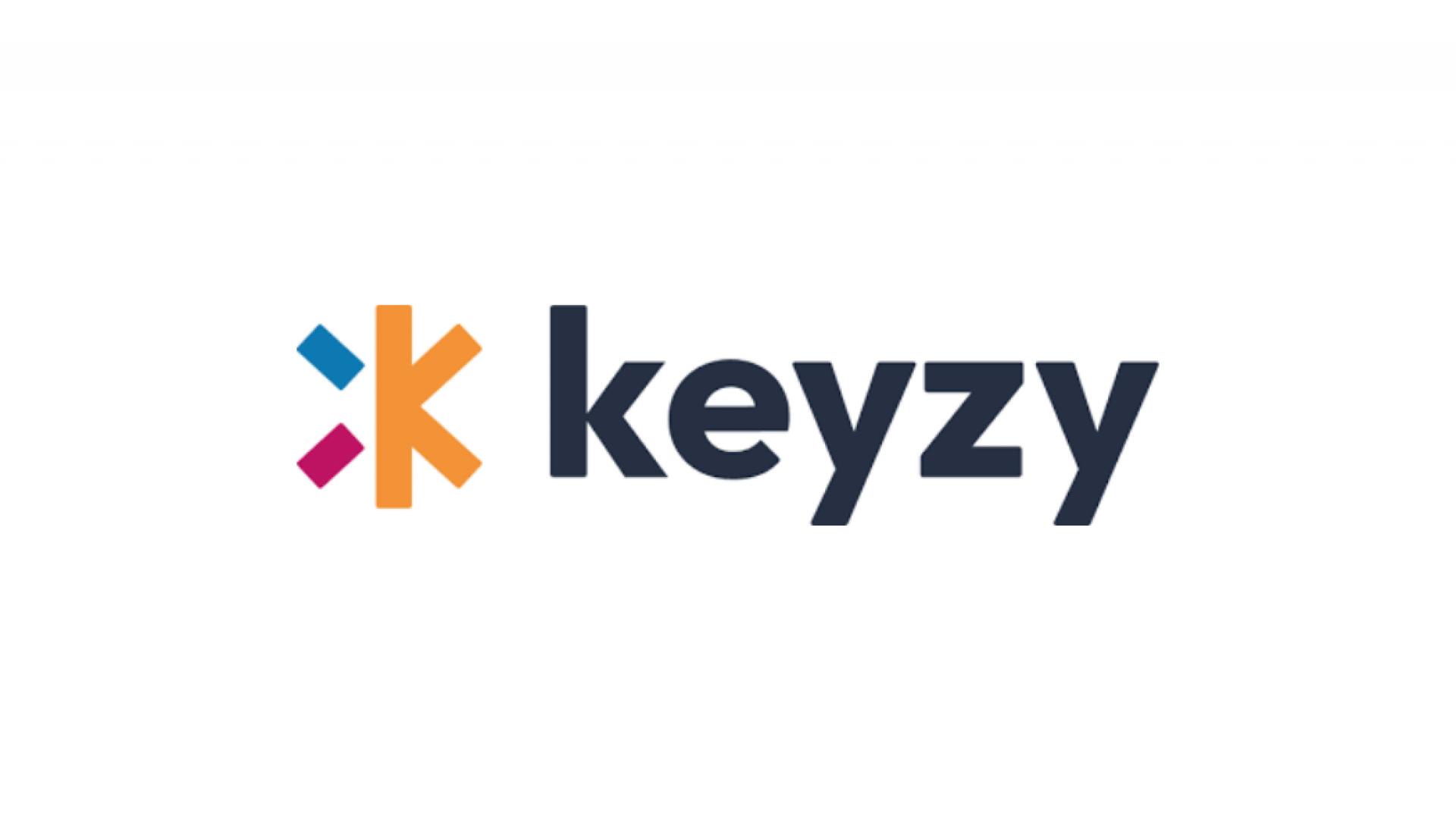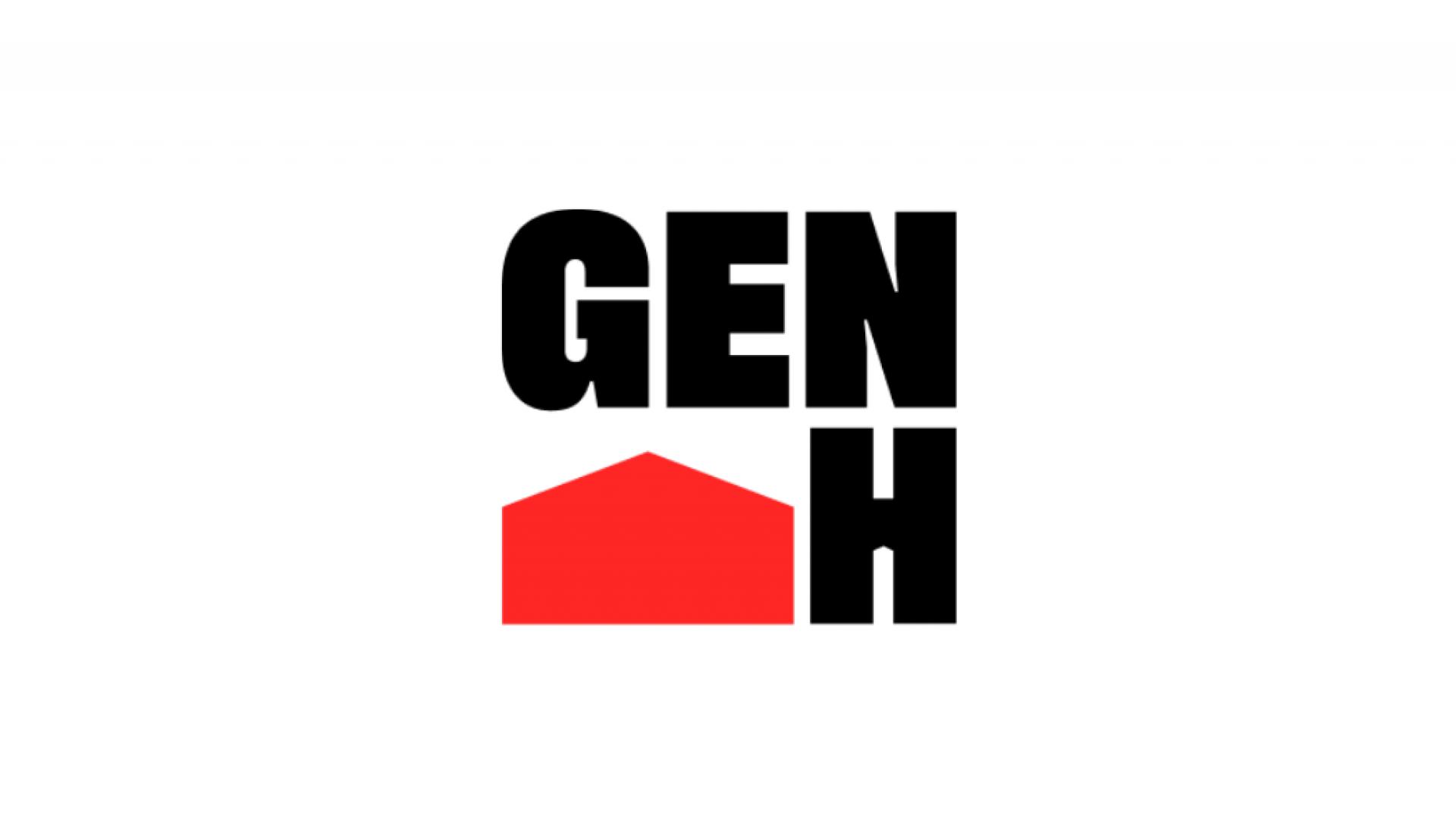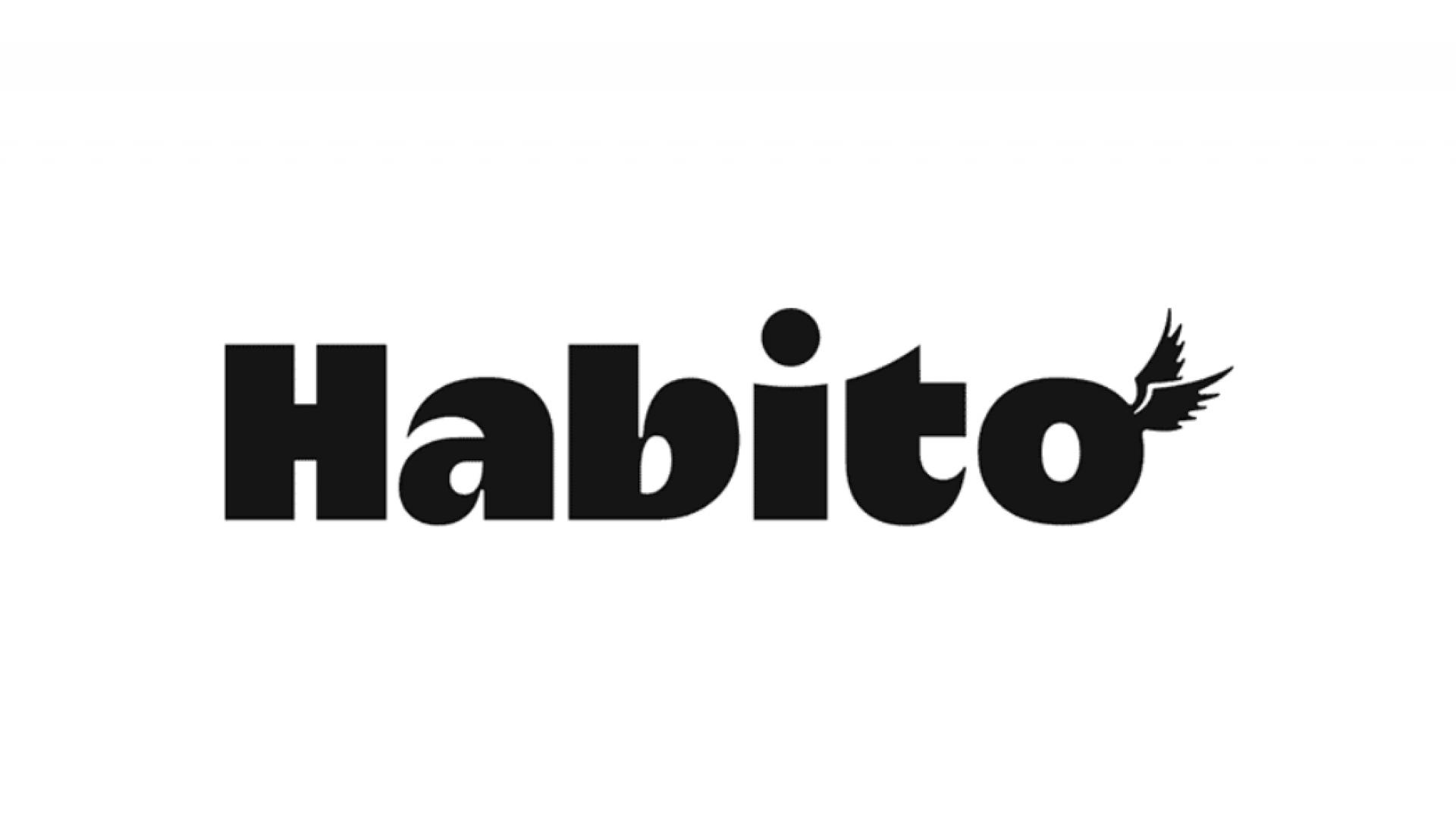
How Fintech Is Helping A New Generation Onto The Property Ladder
The rising cost of homeownership has led to the emergence of ‘generation rent’ - millions of UK residents that are unable to afford a house, meaning they’re effectively stuck in rental agreements.
Statistics show that five million households in the UK rent from a private landlord - more than twice the number from 2000, and equivalent to around 20% of the population.
In fact, 46% of under-35s in England currently rent from private landlords, spending approximately 41% of their income on rental payments.
This has created a cycle that’s tricky for younger renters to break. Homeownership costs have steadily increased in recent years, leading to a high barrier to entry for first-time buyers - and when these same potential buyers are forced to spend a significant amount of their income on rent, saving for a property becomes extremely difficult.
However, there are signs of hope for generation rent.
Fintech innovators are working on solutions that may reverse this trend, making homeownership more accessible and convenient for young people.
Let’s take a look at some of the early-stage Fintechs that are disrupting the traditional housing market and allowing renters to take their first step on the property ladder.

1. Keyzy
Keyzy helps first-time buyers purchase their chosen property through a rent-to-own model.
The business has essentially re-imagined the homeownership process, allowing customers to acquire a property (through Keyzy) with the goal of buying it back for themselves at a later date. Keyzy residents pay a fixed monthly rate for their home, with up to 25% of these payments being used to reduce the future buy-back fee.
Once customers are ready to purchase their home, they can buy it back from Keyzy for their total original cost. Keyzy removes the need for hefty deposits, which lowers price barriers and makes homeownership more accessible.
Keyzy's flexible rent-to-own model has become hugely popular - in January 2023, Keyzy raised £3m in a seed funding round, allowing the company to expand its offering.

2. Generation Home
Generation Home enables customers to pool their financial resources with other users to acquire a mortgage. Up to 6 buyers can apply for a mortgage together, becoming joint owners of a property and securing individual equity (based on their contributions.)
By pooling money with other people (i.e. family members), Generation Home users can successfully access mortgages that they would have been unable to afford on their own.
For example, family members can either join the mortgage with the primary buyer or just contribute to the total deposit. This type of ‘crowd-funding’ approach to homeownership means that first-time buyers can receive financial support and save up for a deposit more easily, enabling them to overcome the rising costs of property purchases.
Generation Home has received a significant amount of financial support, including a $30m funding round in 2021 that included the likes of Mithril Capital and Monzo founder Tom Blomfield.

3. StrideUp
StrideUp is an online platform that enables prospective homeowners to reduce property costs by sharing them with selected investors. This effectively offers a more flexible alternative to a traditional mortgage, meaning first-time buyers can make their money stretch further and secure their ideal home.
The StrideUp process is fairly straightforward. Customers apply with a minimum 15% deposit on their desired home and jointly purchase a property with StrideUp. Users can own up to 80% of this property, with StrideUp acting as a silent partner for the remaining percentage.
Customers then make monthly payments (combining rent and purchase costs) to gradually pay off StrideUp’s share of the property. Once 80% of the value has been settled, users can pay the remaining 20% to StrideUp to complete their purchase.
Once again, this is a smart Fintech solution that allows buyers to split and manage the sizable costs of homeownership. StrideUp has generated interest from multiple investors and completed a £280m funding deal in 2022.

4. Wayhome
Wayhome allows customers to purchase a property up to 10x their income with a 5% deposit. Individuals co-own this property with investors and can choose to purchase more property value each month, meaning they have more flexibility when it comes to ownership.
Users can effectively bypass the need for a mortgage, as Wayhome will help them to purchase a property outright. The customer will then own a certain percentage of their home (depending on their contribution) and gradually reduce Wayhome’s share through monthly rental payments.
As customers purchase more of their property value, they’ll pay less rent, meaning it becomes easier over time to acquire full ownership.
The ability to circumvent traditional mortgages has proven to be hugely appealing for generation rent, and Wayhome has been massively successful as a result. The company raised £3m in seed funding in 2022.

5. Habito
Habito is a B-Corp platform designed to make comparing and applying for mortgages much easier for younger buyers. The brand is on a mission to disrupt the traditional market through eye-catching marketing campaigns and simplified tools that are aimed towards generation rent.
The platform enables users to rapidly compare mortgages from more than 90 lenders, as well as offering expert financial guidance and an end-to-end home-buying service that streamlines the entire process.
Many first-time buyers aren’t just struggling with rising property costs, but also the confusion and jargon associated with the industry. Habito aims to make the homeownership journey infinitely more accessible and convenient, which has resonated with millions of individuals across the UK.
In 2020 the brand successfully completed a £35m Series C funding round, and has continued to attract significant investment and support since then.
Fintech has consistently shown an ability to disrupt and re-imagine traditional sectors - and the property market is no different.
These forward-thinking Fintechs have injected some much-needed innovation into the world of homeownership, streamlining the purchasing process and enabling first-time buyers to achieve more with their money.
As these platforms gain increasing momentum and more potential buyers look for alternatives to high-street mortgage lenders, this area of Fintech will undoubtedly see continued growth in the near future.
If you’re looking for guidance on finding the best talent for a growing finance team within Fintech, please get in touch with [email protected]





